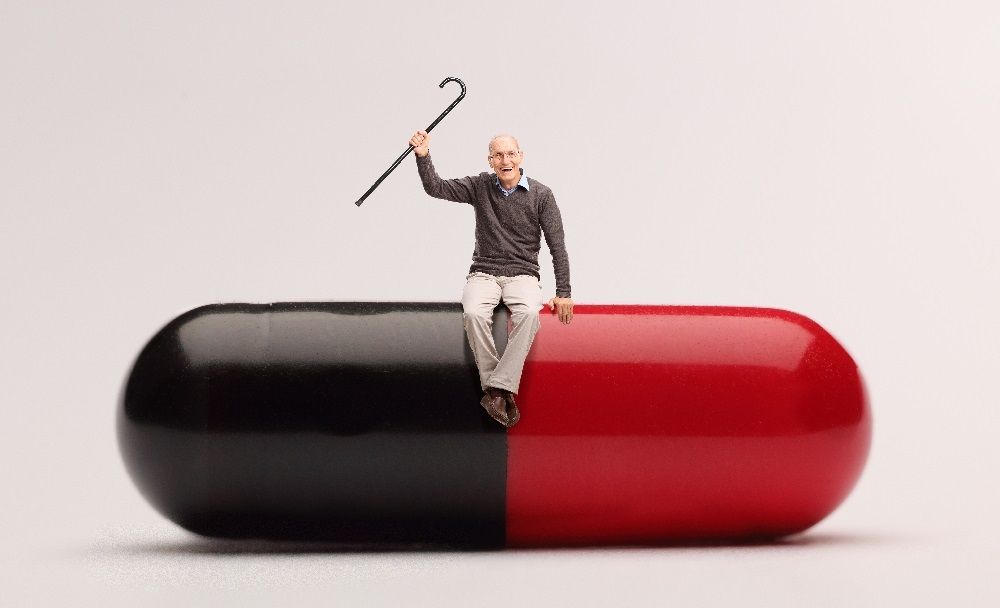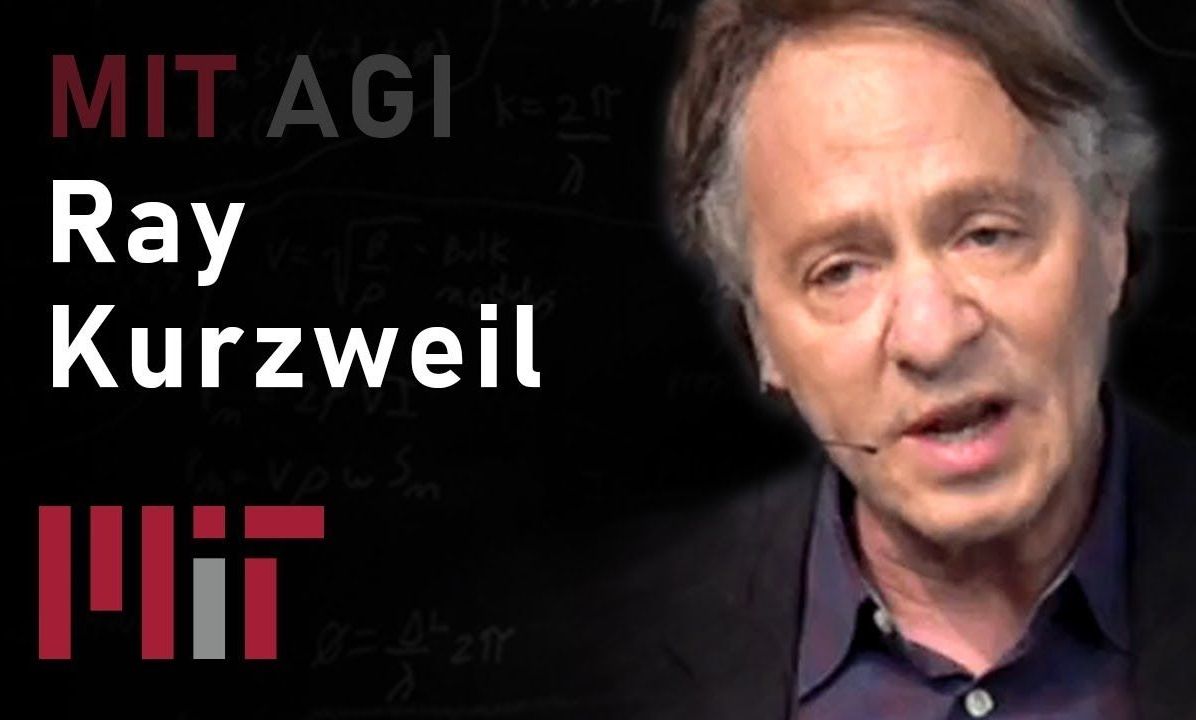New Alzheimer’s blood test is so precise, it could predict it three decades ahead. The test was accurate in 90% of patients tested.



Summary: Recent scientific advances in anti-aging science are bringing the dream of the fountain of youth closer to reality. More than just extending our lifespans, the field hopes to significantly reduce the chronic diseases of aging, such as cancer, heart disease, and dementia. [This article first appeared on the website LongevityFacts.com. Author: Brady Hartman. ]
A fountain of youth has been the dream of humanity throughout history.
Recent scientific advances are bringing that dream closer to reality.

Summary: A recently announced parabiosis trial in humans – the practice of transfusing young blood to old – may have profound implications for treating the chronic diseases of old age, including metabolic changes, frailty, Alzheimer’s, Parkinson’s, and other forms of dementia. However, some geroscientists say that variations of the procedure could cause severe side effects. [This article first appeared on the website LongevityFacts.com. Author: Brady Hartman. ]
The idea that youthful blood might rejuvenate our aging bodies has lingered in the popular imagination for centuries, fueled by recent experiments in which these transfusions revitalized aging mice.
Last week, Bill Faloon of the Life Extension Foundation (LEF) in partnership with the Young Blood Institute (YBI), announced a bold new human trial of the rejuvenating effects of the young blood / old blood swap, saying.

MIT 6.S099: Artificial General Intelligence class takes an engineering approach to exploring possible research paths toward building human-level intelligence. The lectures introduce our current understanding of computational intelligence and ways in which strong AI could possibly be achieved, with insights from deep learning, reinforcement learning, computational neuroscience, robotics, cognitive modeling, psychology, and more.
Ray Kurzweil is one of the world’s leading inventors, thinkers, and futurists, with a thirty-year track record of accurate predictions. Called “the restless genius” by The Wall Street Journaland “the ultimate thinking machine” by Forbes magazine, Kurzweil was selected as one of the top entrepreneurs by Inc. magazine, which described him as the “rightful heir to Thomas Edison.” PBS selected him as one of the “sixteen revolutionaries who made America.”

Howdy folks.
I hope you’ll find today’s post as interesting as I do. It’s a bit of brain candy and outlines an exciting vision for the future of digital identities.
Over the last 12 months we’ve invested in incubating a set of ideas for using Blockchain (and other distributed ledger technologies) to create new types of digital identities, identities designed from the ground up to enhance personal privacy, security and control. We’re pretty excited by what we’ve learned and by the new partnerships we’ve formed in the process. Today we’re taking the opportunity to share our thinking and direction with you. This blog is part of a series and follows on Peggy Johnson’s blog post announcing that Microsoft has joined the ID2020 initiative. If you haven’t already Peggy’s post, I would recommend reading it first.

These campaigns could erode the base of the Legal Open Access movement: scientists’ awareness of their options for sharing research. Elbakyan, on the other hand, would be left unaffected. The legal campaigns against Sci-Hub have — through the Streisand effect — made the site more well-known than most mainstay repositories, and Elbakyan more famous than legal Open Access champions like Suber.
The threat posed by ACS’s injunction against Sci-Hub has increased support for the site from web activists organizations such as the EFF, which considesr the site “a symptom of a serious problem: people who can’t afford expensive journal subscriptions, and who don’t have institutional access to academic databases, are unable to use cutting-edge scientific research.”
In cramped quarters at Russia’s Higher School of Economics, shared by four students and a cat, sat a server with 13 hard drives. The server hosted Sci-Hub, a website with over 64 million academic papers available for free to anybody in the world. It was the reason that, one day in June 2015, Alexandra Elbakyan, the student and programmer with a futurist streak and a love for neuroscience blogs, opened her email to a message from the world’s largest publisher: “YOU HAVE BEEN SUED.”
It wasn’t long before an administrator at Library Genesis, another pirate repository named in the lawsuit, emailed her about the announcement. “I remember when the administrator at LibGen sent me this news and said something like ‘Well, that’s… that’s a real problem.’ There’s no literal translation,” Elbakyan tells me in Russian. “It’s basically ‘That’s an ass.’ But it doesn’t translate perfectly into English. It’s more like ‘That’s fucked up. We’re fucked.’”.

Professor Panos Athanasopoulos, a linguist from Lancaster University and Professor Emanuel Bylund, a linguist from Stellenbosch University and Stockholm University, have discovered that people who speak two languages fluently think about time differently depending on the language context in which they are estimating the duration of events.
The finding, published in the ‘Journal of Experimental Psychology: General’, reports the first evidence of cognitive flexibility in people who speak two languages.
Bilinguals go back and forth between their languages rapidly and, often, unconsciously — a phenomenon called code-switching.


